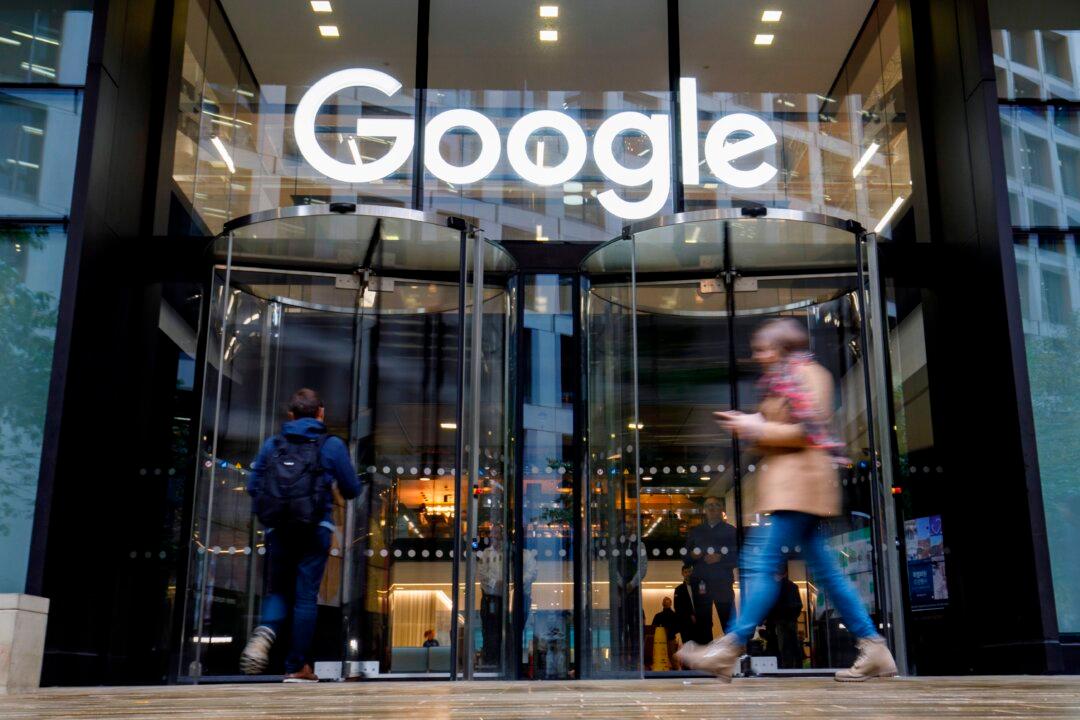Google is surreptitiously pushing its political agenda onto its users through its products in an effort that one employee described as “preventing the next Trump situation.”
The company has cloaked its political agenda in the veneer of “fairness,” but in reality, it means promoting the company’s political worldview at the expense of others’. It also is raising voices of those aligned with its worldview at the expense of those that oppose it, or that just aren’t aligned with it enough, according to internal documents obtained and employees speaking out or being caught on hidden camera by Project Veritas.





